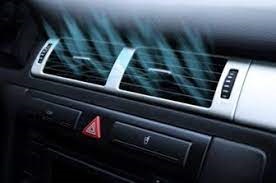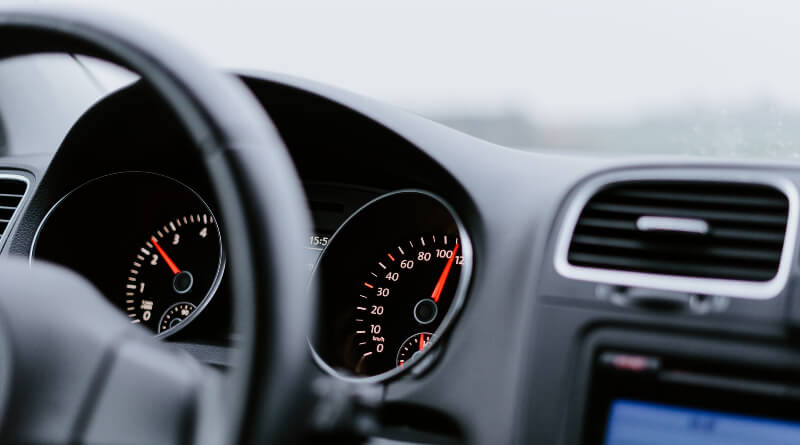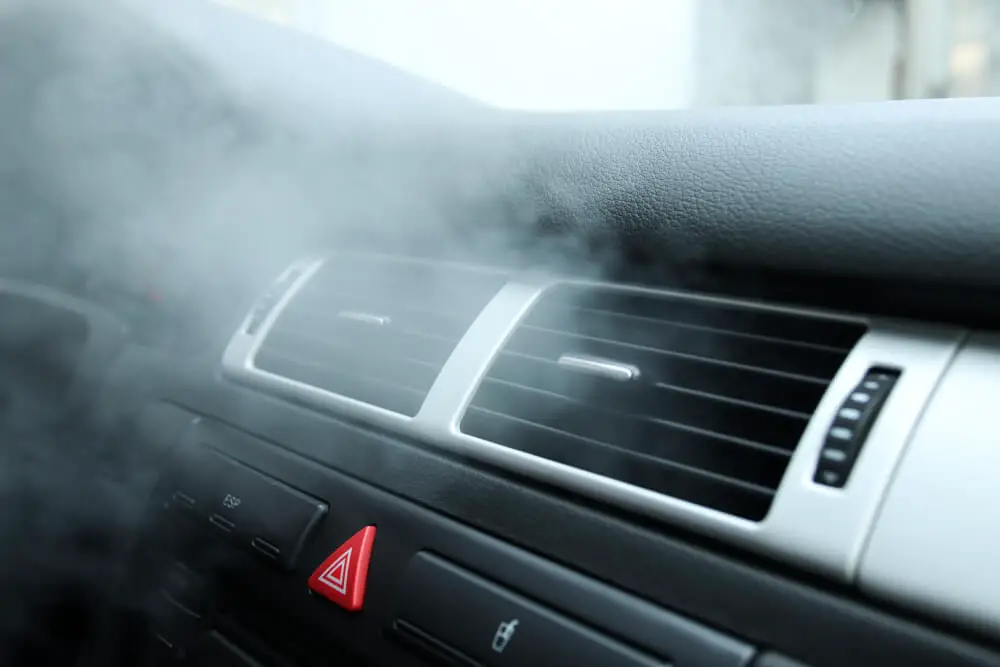Car air vents play an important role in ensuring a comfortable driving experience by regulating the temperature and airflow inside the vehicle. However, one common problem that drivers may encounter is a whistling noise coming from the air vents.

This noise can be quite annoying, and can make it difficult to enjoy the drive. In this article, we will discuss the causes of whistling noise from car air vents, how to diagnose the issue, and the solutions for addressing the problem.
Causes of Whistling Noise
The whistling noise coming from your car’s air vents can be caused by a variety of factors. Some of the most common causes include:
Loose or Damaged Ductwork
The ductwork in your car’s air conditioning system is responsible for directing the airflow to the various vents. If the ductwork is loose or damaged, it can cause a whistling noise as the air tries to escape through the gaps.
Obstructed Air Vents
Another common cause of whistling noise is obstructed air vents. This can happen when debris or other objects get caught in the vents, blocking the airflow.
As the air tries to force its way through the obstruction, it can create a whistling noise from the car air vent.

Worn Out or Damaged Fan Blades
The fan blades in your car’s air conditioning system are responsible for moving the air through the ductwork. If the fan blades are worn out or damaged, they may make a whistling noise as they spin.
Leaks in the Air Conditioning System
Leaky ductwork or other components in the air conditioning system can also cause a whistling noise. When air leaks out of the system, it can create a whistling noise as it escapes.
Diagnosing the Issue
It is important to properly diagnose the cause of the whistling noise before attempting to fix it. Here are some steps you can take to diagnose the issue:
Locate the noise
The first step in diagnosing the problem is to locate where the noise is coming from. This can be done by listening closely as the car engine is running.
Carefully identify the specific vent or area where the whistling noise is coming from.
Check for visible damage
Once you have located the source of the whistling noise, inspect the area for any visible signs of damage or wear. This may include things such as loose or damaged ductwork, obstructed air vents, or worn out fan blades.
Test the airflow
Another way to diagnose the problem is to test the airflow. This can be done by turning on the air conditioning and feeling if the airflow is weak or restricted.
Check for leaks
If you suspect that the problem is due to leaks in the air conditioning system, you can use a UV dye and a UV flashlight to check for the leaks.
Solutions for Whistling Noise
Once you have diagnosed the cause of the whistling noise, you can begin to address the problem. Here are some solutions for the common causes of whistling noise discussed earlier in the article:
Tightening or Replacing Loose Ductwork
If the cause of the whistling noise is loose or damaged ductwork, the solution is to either tighten or replace the ductwork. To tighten loose ductwork, use a screwdriver or pliers to tighten any loose connections. If the ductwork is damaged, you need to replace it.
Cleaning or Unblocking Obstructed Air Vents
If the cause of the whistling noise is obstructed air vents, the solution is to clean or unblock the vents. This can be done by using a small brush or compressed air to remove any debris or other objects that may be blocking the airflow.
Replacing Worn Out or Damaged Fan Blades
If the cause of the whistling noise is worn out or damaged fan blades, the solution is to replace the fan blades. This can be done by removing the old fan blades and installing new ones.
Sealing Leaks in the Air Conditioning System
If the cause of the whistling noise is leaks in the air conditioning system, the solution is to seal the leaks. This can be done by using sealant to seal any leaks in the ductwork or other components of the air conditioning system.
It’s important to note that it may be necessary to consult the vehicle’s manual or seek professional help during the fixing process.
Prevention and Maintenance
To prevent whistling noise from occurring in the future, you need to maintain your car’s air conditioning system on a regular basis. Here are some tips to prevent whistling noise from occurring in the future:
- Regularly check and clean the air vents to ensure that they are not blocked.
- Check the ductwork for loose connections or damage and repair or replace as needed.
- Check the fan blades for wear or damage and replace as needed.
- Check for leaks in the air conditioning system and repair or seal as needed.

Conclusion
Whistling noise from car air vents can be quite annoying, and can make it difficult to enjoy the drive.
However, by understanding the common causes of whistling noise and how to diagnose and fix the problem, you can ensure that your car’s air conditioning system is working properly and that you have a comfortable driving experience.
Remember to maintain your car’s air conditioning system on a regular basis to prevent whistling noise from occurring in the future.
What if the whistling noise is coming from multiple vents?
If the whistling noise is coming from multiple vents, it is an indication that there is a problem with the air conditioning system as a whole rather than with a specific vent or component. In this case, it’s best to seek professional help to diagnose and fix the problem.
How often should I check and clean my car’s air vents?
It’s recommended to check and clean your car’s air vents every 6 months or as soon as you notice a whistling noise or decrease in airflow.
Is it necessary to replace the whole air conditioning system if it has a leak?
It depends on the location and severity of the leak. In some cases, it may be possible to seal the leak without replacing the entire system, but in other cases, the whole air conditioning system may need to be replaced.
It’s best to consult a professional to determine the best course of action.
What if the whistling noise is coming from the vents even when the air conditioning system is turned off?
If the whistling noise is coming from the vents even when the air conditioning system is turned off, it may indicate a problem with the car’s ventilation system. It’s best to consult a professional to diagnose and fix the problem.
Can whistling noise be caused by a problem with the car’s engine or exhaust system?
While the whistling noise is most commonly caused by a problem with the car’s air conditioning or ventilation system, it may be possible that the noise is caused by a problem with the car’s engine or exhaust system.
It’s best to consult a professional to diagnose the problem and determine the exact cause of the whistling noise.